Why get a neuropsychological assessment at OCFR?
Complex Trauma—which refers to chronic, interpersonal trauma experienced during childhood—can impact brain development. Structural and functional changes in the brain may lead to cognitive and neuropsychological difficulties.
At OCFR we have expertise in both neuropsychology and trauma. Our team has experience working with people with diverse cultural and minority identities, including those who are multilingual. We provide comprehensive assessments that consider all aspects of a person and their well-being.
What is a neuropsychological assessment?
A neuropsychological assessment for children and adolescents thoroughly evaluates the relationship between brain function, behavior, emotions, and cognitive abilities. The primary goal is to understand how different areas of a child’s brain function. It identifies strengths and weaknesses in cognitive, emotional, and behavioral domains, while also assessing for neurological conditions like ADHD, FASD, epilepsy, concussions and Post-Concussion Syndrome, and brain injuries.
The results of the assessment can provide valuable information for developing targeted interventions, educational accommodations, and treatment plans to support the individual’s unique needs.
Does my child need a Neuropsychological Evaluation?
Consider a neuropsychological evaluation if your child:
- Faces developmental or school-related challenges (e.g., learning disabilities, ADHD, ASD).
- Previously had an evaluation without improvement.
- Was prenatally exposed to alcohol, smoking, or certain drugs.
- Experienced emotional or traumatic events.
- Suffered a brain injury (e.g., head trauma, stroke, lack of oxygen, infection).
- Has other medical conditions (e.g., prematurity, diabetes, genetic disorders, or childhood cancer treatment).
- Was exposed to harmful substances (such as lead, street drugs, or inhalants).
- Has neurological disorders (e.g., spina bifida, hydrocephalus, cerebral palsy, epilepsy (seizures), neurofibromatosis, tuberous sclerosis, or a brain tumor).
Pediatric neuropsychology services with Dr. Milse Furtado, our pediatric neuropsychologist, are available in English, Spanish, and Portuguese.
